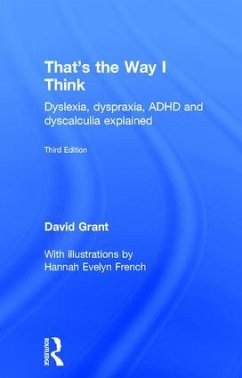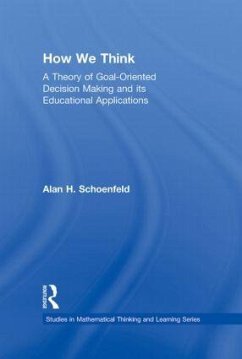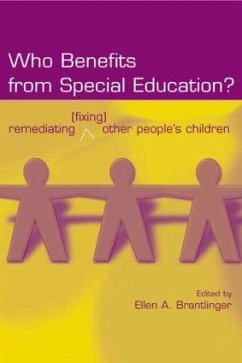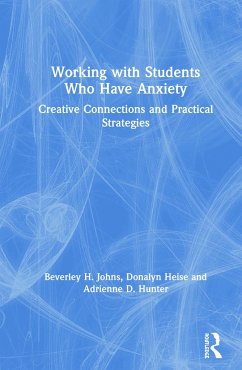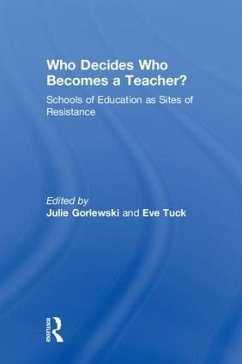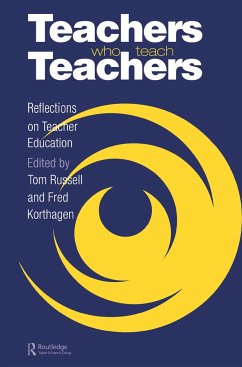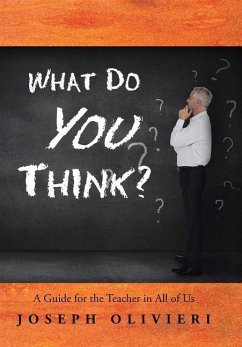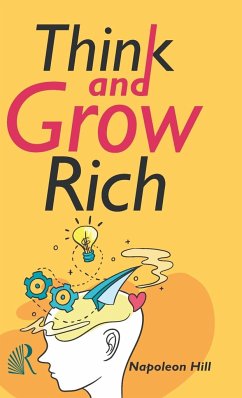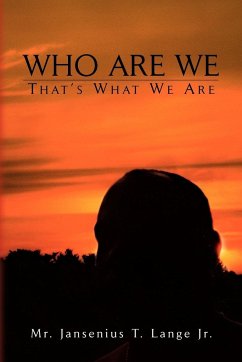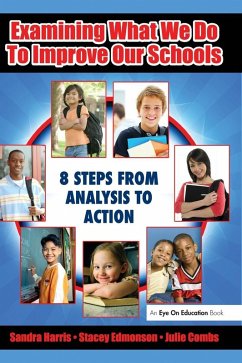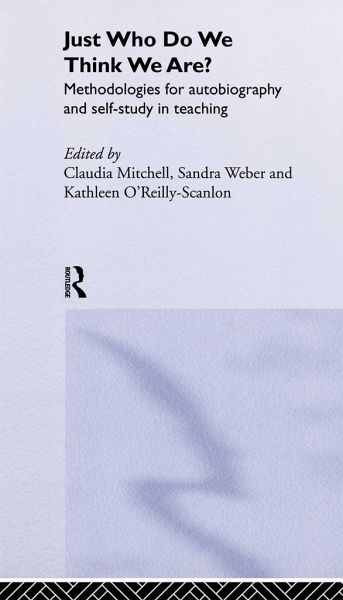
Just Who Do We Think We Are?
Methodologies for Autobiography and Self-Study in Education
Herausgeber: Mitchell, Claudia; Weber, Sandra; O'Reilly-Scanlon, Kathleen
Versandkostenfrei!
Versandfertig in 1-2 Wochen
187,99 €
inkl. MwSt.
Weitere Ausgaben:

PAYBACK Punkte
94 °P sammeln!
Drawing upon diverse and specific examples of self-study, described here by the practitioners themselves, this unique book formulates a methodological framework for self-study in education. This collection brings together a diverse and international range of self-studies carried out in teacher education, each of which has a different perspective to offer on issues of method and methodology, including: * memory work * fictional practice * collaborative autobiography * auto-ethnography * phenomenology * image-based approaches. Such ethical issues likely to arise from self-study as informed conse...
Drawing upon diverse and specific examples of self-study, described here by the practitioners themselves, this unique book formulates a methodological framework for self-study in education. This collection brings together a diverse and international range of self-studies carried out in teacher education, each of which has a different perspective to offer on issues of method and methodology, including: * memory work * fictional practice * collaborative autobiography * auto-ethnography * phenomenology * image-based approaches. Such ethical issues likely to arise from self-study as informed consent, self-disclosure and crises of representation are also explored with depth and clarity. As method takes centre stage in educational and social scientific research, and self-study becomes a key tool for research, training, practice and professional development in education, Just Who Do We Think We Are? provides an invaluable resource for anyone undertaking this form of practitioner research.





